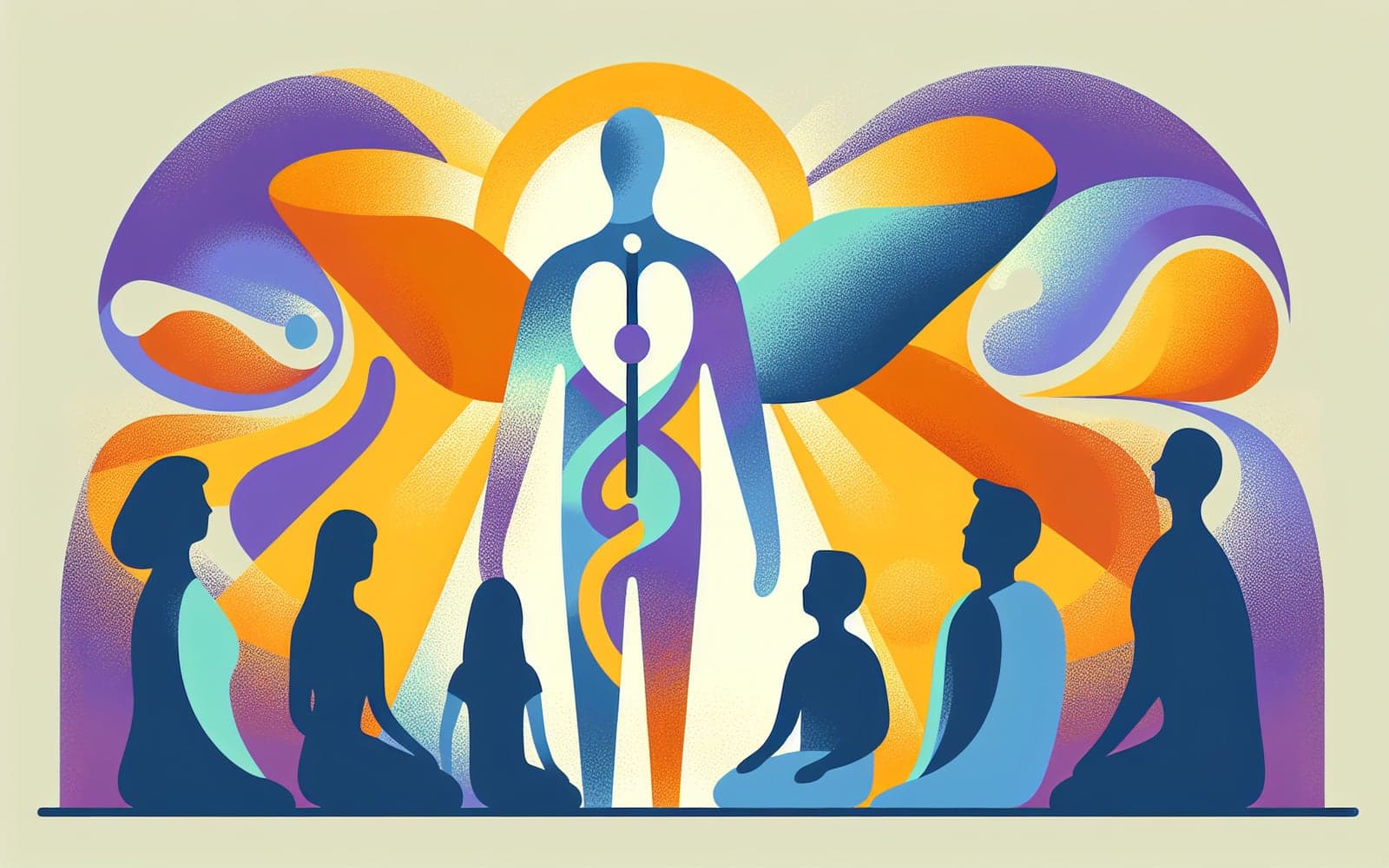Are You at Risk? Understanding Pancreatic Cancer Risk Factors
Published: Dec 16, 2023
Pancreatic cancer doesn't discriminate, but certain factors can increase your risk. Understanding these can help you take control of your health.
Contents
Uncontrollable Factors: Age, Gender, and Genetics
Some risk factors for pancreatic cancer are beyond our control. Age is a significant factor, with most cases occurring after 45. Men are slightly more likely to develop pancreatic cancer than women. Genetics also play a role - about 10% of pancreatic cancers are linked to inherited gene mutations. If you have a family history of pancreatic cancer or certain genetic syndromes, you may be at higher risk.
Lifestyle Choices: Smoking, Diet, and Obesity
Many risk factors for pancreatic cancer are related to lifestyle. Smoking is a major risk factor, doubling your chances of developing the disease. A diet high in red and processed meats may increase risk, while a diet rich in fruits and vegetables may be protective. Obesity is another significant risk factor, linked to about 8% of pancreatic cancer cases. Maintaining a healthy weight through diet and exercise can help reduce your risk.

Medical Conditions: Diabetes and Chronic Pancreatitis
Certain medical conditions are associated with increased pancreatic cancer risk. People with long-standing type 2 diabetes have a higher risk, although it's not clear if diabetes causes pancreatic cancer or if early, undetected pancreatic cancer causes diabetes. Chronic pancreatitis, especially when due to inherited conditions, significantly increases risk. Regular medical check-ups can help manage these conditions and monitor for early signs of pancreatic cancer.
Frequently Asked Questions
Heavy alcohol use increases risk, particularly by causing chronic pancreatitis.
While not entirely preventable, reducing risk factors can lower your chances.
No, but it increases your risk. Genetic counseling may be helpful.
Yes, though it's rare. About 10% of cases occur in people under 50.
Key Takeaways
Understanding your risk factors is the first step in pancreatic cancer prevention and early detection.
Concerned about your pancreatic cancer risk? Discuss your personal risk factors with Doctronic and explore potential prevention strategies.Related Articles
References
American Cancer Society. Pancreatic Cancer Risk Factors. www.cancer.org
National Cancer Institute. Pancreatic Cancer Prevention (PDQ®)–Patient Version. www.cancer.gov
Always discuss health information with your healthcare provider.

